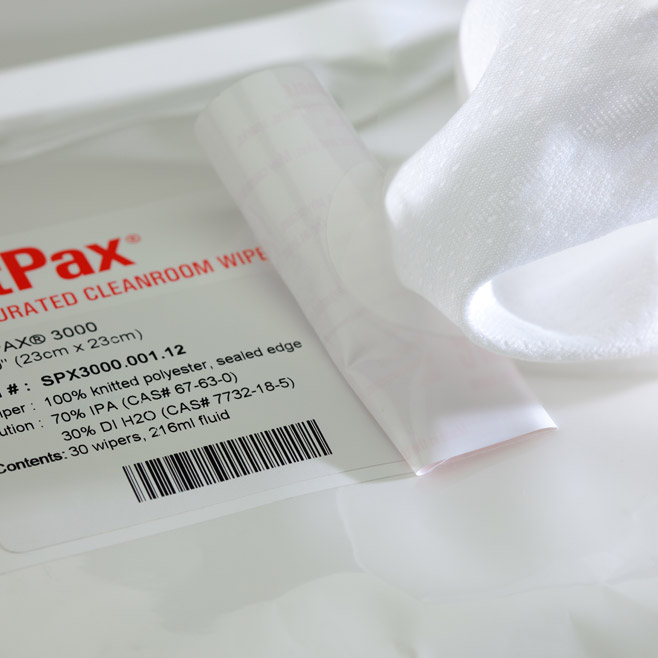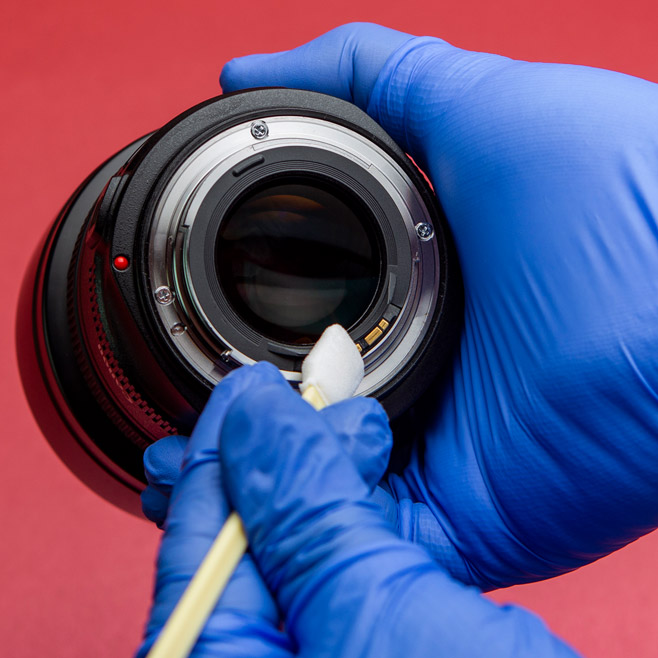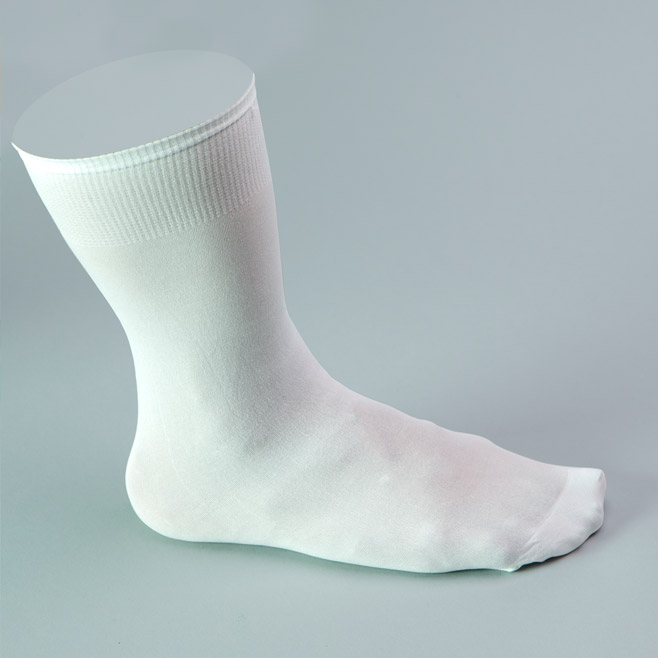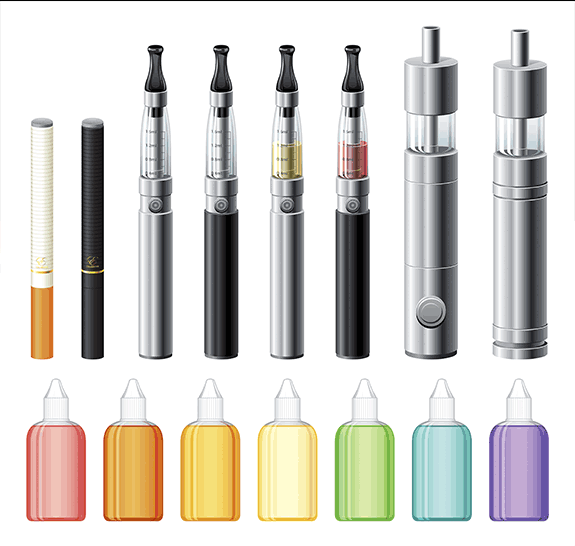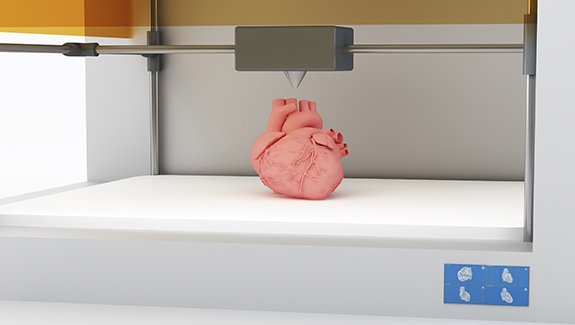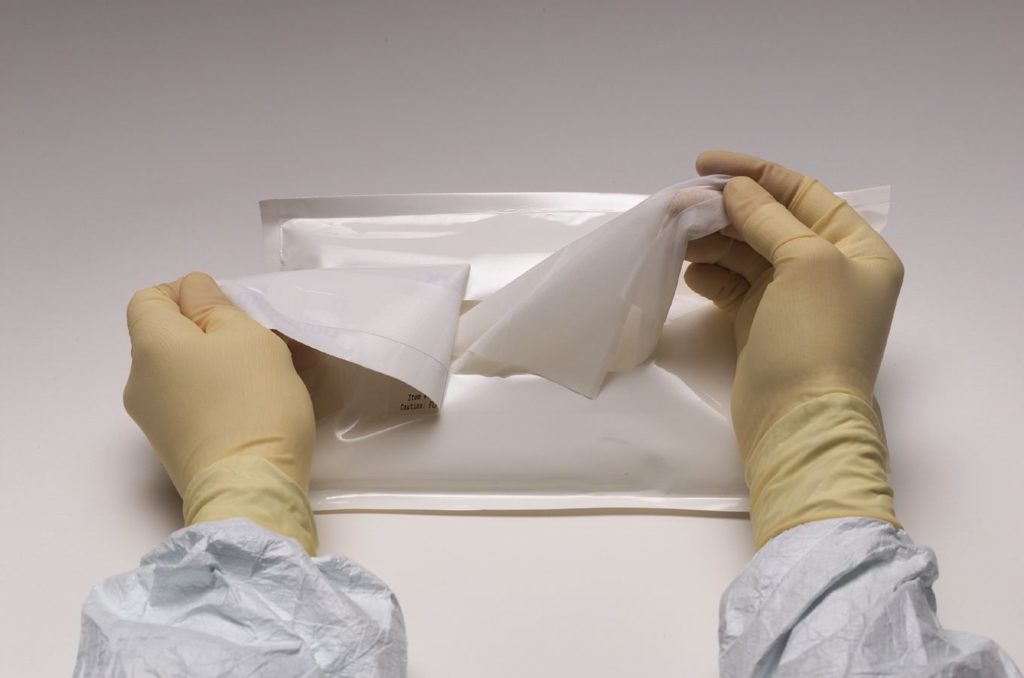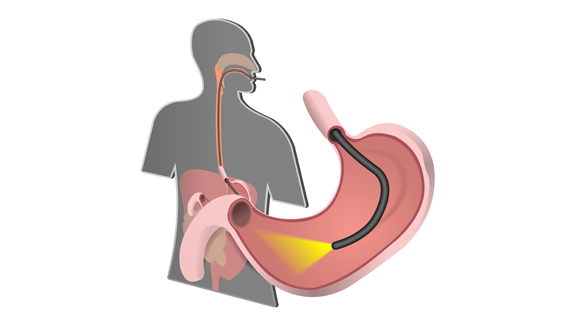As with much of life, perfecting the implementation of a technique is a matter of trial and error. From the correct perspective, and, in finding a solution to a problem, the error is prevented from recurring. In this light, mistakes are simply opportunities disguised as problems and they allow for continual improvement. And in one [Read More…]
Category Archives: Cleanroom News
Way back in the murky distant mists of time, a trip to your primary care physician might include him listening to your heart, giving you a quick tap on knees to test reflexes, a guffaw about your three martini lunch, and a lungful of second hand smoke from the cigarette burning down in a glass [Read More…]
In a science-fictional universe way ahead of us in the future, there is no industrial complex as we know it today. No sprawling manufacturing campuses or security-patrolled warehouses crammed with shelved inventory. Everything we use on a day-to-day basis is created on demand, at the very moment it is required. All of our homes are [Read More…]
When it comes to cleanroom and controlled-environment news, the stories we read in the press can often be dramatic. Last week, we reviewed a dire situation with ebola where sub-standard gowns, gloves, and glove liners were jeopardizing the lives of medical personnel by allowing bodily fluids to permeate through to the wearer’s skin in a [Read More…]
Although the FDA sometimes has a reputation as a stickler, it’s clear that the Food and Drug Administration often demonstrates a lot of patience, too—except when a company refuses to update their operating procedures to make required fixes to bring their standard operating procedures. Listen: we get it. No one likes to hear phrases like [Read More…]
Sterile compounding in a pharmacy involves customization of medication mixtures in a minimal contamination environment. Safeguarding against unwelcomed contamination is a tall order because many of the small contaminants are invisible to the eye and hidden as microorganisms. The robust standards established by the United States Pharmacopeia (USP) Chapter <797> for cleaning and disinfecting the [Read More…]
Ebola. Even that small collection of letters on a page is enough to strike fear into most people. And rightly so. In a recent outbreak of the disease in Liberia, a small West African nation bordered by Sierra Leone and Ivory Coast, ebola killed more than five hundred people. And while that in itself should [Read More…]
Question of the Week: When does owning not one but two slick websites make up for the absence of ethics in aseptic processing? Answer: When it comes to a compounding pharmacy – never! Yet Professional Arts Pharmacy, a compounding pharmacy based in Baltimore, MD, seems to think that it does. With a confidence-inspiring main website [Read More…]
Imagine the scenario: after experiencing weeks of sudden and unexplained pain in your stomach, your doctor – suspecting ulcers – refers you to the hospital for tests. Or perhaps you rush your toddler to the ER after he swallowed part of his favorite action figure. In either of these cases, your immediate future involves getting [Read More…]
The food processing and healthcare industries are often linked in the media, and in the mind of the general public, for obvious and frequently deeply unpleasant reasons. And when stories break, they’re usually rooted in failures by the former that necessitate intervention by the latter. Let’s recall the recent case of the seafood processing plant [Read More…]





